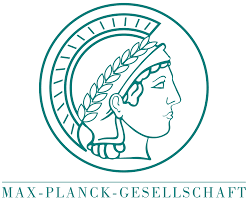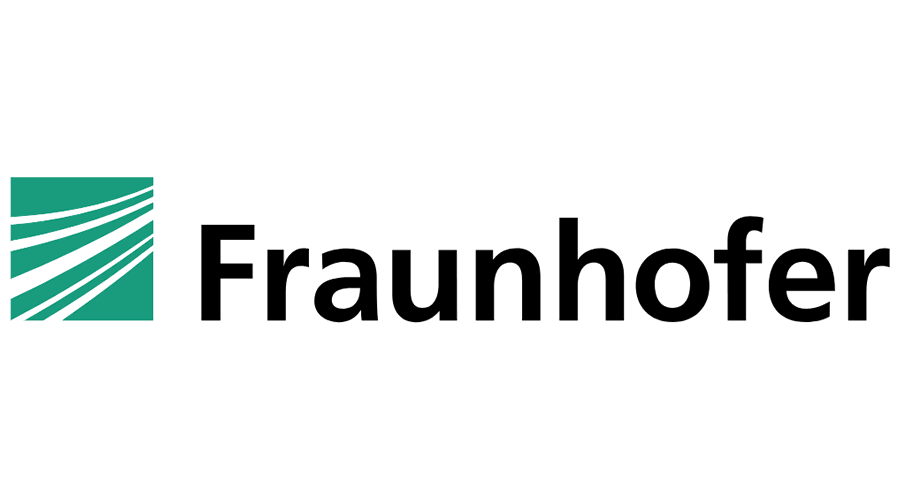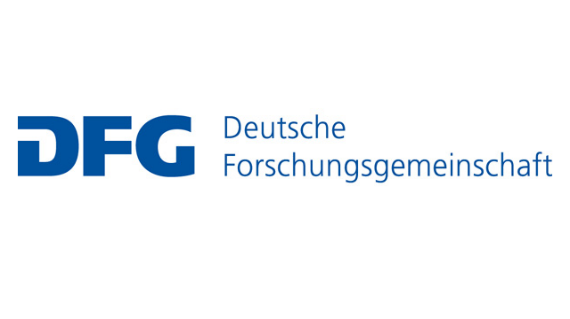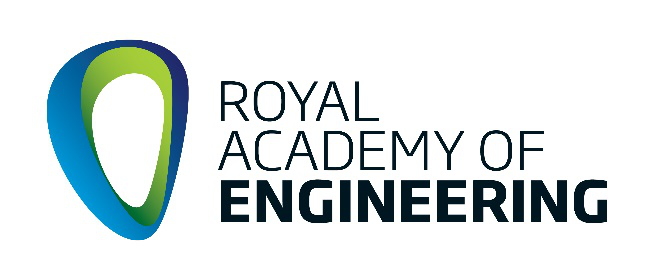Mechanical properties of hybrid kenaf/glass reinforced epoxy composite for passenger car bumper beam
It is estimated that the annual world car production rate will reach 76 million vehicles per year by 2020. New regulations such as the EU End of Life Vehicles (ELV) regulations are forcing car manufacturers to consider the environmental impact of their production and possibly shift from the use of synthetic materials to the use of agro-based materials. Poor mechanical properties and certain manufacturing limitations currently limit the use of agro-based materials to non-structural and semi-structural automotive components. The hybridization of natural fiber with glass fiber provides a method to improve the mechanical properties over natural fibers alone. This research is focused on a hybrid of kenaf/glass fiber to enhance the desired mechanical properties for car bumper beams as automotive structural components with modified sheet molding compound (SMC). A specimen without any modifier is tested and compared with a typical bumper beam material called glass mat thermoplastic (GMT). The results indicate that some mechanical properties such as tensile strength, Young’s modulus, flexural strength and flexural modulus are similar to GMT, but impact strength is still low, and shows the potential for utilization of hybrid natural fiber in some car structural components such as bumper beams.

















